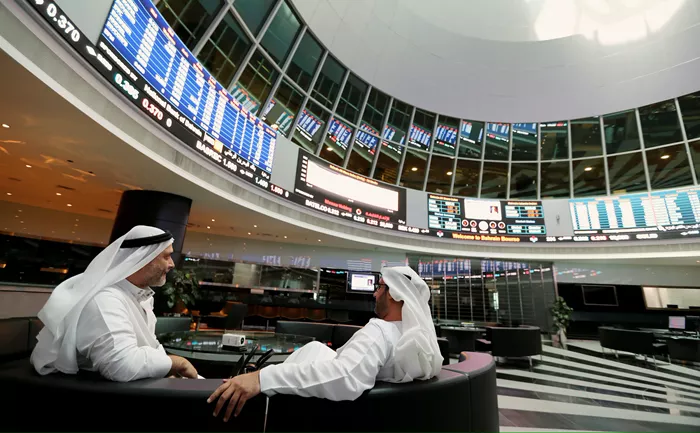Stock markets in the Gulf displayed mixed results early Wednesday as new U.S. tariffs on steel and aluminum took effect. These tariffs, imposed by President Donald Trump, add a new phase to the ongoing global trade tensions.
Investors remain focused on upcoming trade talks, including a possible call this week between Trump and Chinese leader Xi Jinping, following accusations by Trump that China violated a bilateral tariff rollback agreement.
Oil prices fell slightly, with Brent crude futures dropping 0.3% to $65.46 a barrel by early morning GMT. The decline was influenced by increased oil production from OPEC+ countries and persistent worries about the global economic outlook amid trade disputes.
In Saudi Arabia, the benchmark stock index rose 0.49%, led by Arabian Pipes Company, which gained 3.63%. JP Morgan announced that Saudi Arabia plans to issue $12.6 billion in bonds for the remainder of the year.
Markets in the United Arab Emirates also showed gains. Dubai’s main share index increased by 0.14%, while Abu Dhabi’s benchmark index rose 0.15%. In Dubai, the Commercial Bank of Dubai was the top performer, climbing 3.04%, with the index poised for a third straight day of gains.
Conversely, Qatar’s benchmark stock index fell 0.36%, with Qatar Navigation dropping 1.09%, marking the largest loss on the index. Qatar reported a budget deficit of 0.5 billion riyals ($133 million) in the first quarter of 2025, with total revenue down 7.5% compared to the previous year.
Wednesday also marks the deadline for countries to submit their best trade deal proposals to the U.S. in hopes of avoiding the new tariffs. Meanwhile, Canadian wildfires continue to threaten oil supply, affecting over 7% of the country’s crude output despite recent wet weather relief.
($1 = 3.7506 riyals)
Read more:


